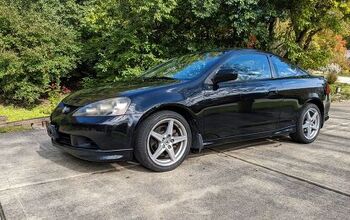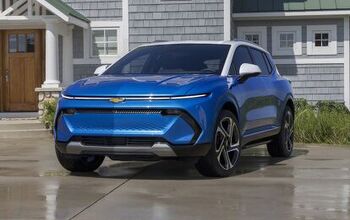Columnist: 'Normalization of Deviance' Led to Volkswagen Cheating

An investor and analyst argued in column that appears in the New Yorker that Volkswagen engineers may have rationalized illegal behavior by incrementally cheating up to the infamous levels uncovered by researchers last year.
Using the catastrophic failure of the space shuttle Challenger as an example, Paul Kedrosky wrote that “normalization of deviance” could have led Volkswagen engineers to systemically cheat on emissions in the same way engineers rationalized colder and colder launches for the space shuttle until it finally disintegrated in 1986 because of failed, cold o-rings.
It’s more likely that the scandal is the product of an engineering organization that evolved its technologies in a way that subtly and stealthily, even organically, subverted the rules.
In his argument, Kedrosky wrote that Volkswagen engineers may have used software to skirt emissions rules because somehow cheating through software doesn’t feel as bad.
Stealing CDs from stores feels like theft; for a long time, at least, stealing music by downloading MP3s didn’t. Software changes the nature of our relationship to things, making rules feel malleable and more arbitrary. It enables the normalization of deviance.
And also that engineers in Germany can’t possibly force themselves to adhere to American rules because they’re smarter.
Some may have seen those tests as arbitrary, and felt justified in “tuning” the engine software to perform differently during them—even as it now looks, to the outside world, like an obvious scandal.
The crux of Kedrosky’s argument is mostly a “slippery slope” one: engineers paved the road to hell with great intentions.
At every step, the software changes might have seemed to be a slight “improvement” on what came before, but at no one step would it necessarily have felt like a vast, emissions-fixing conspiracy by Volkswagen engineers, or been identified by Volkswagen executives.
While possible, Kedrosky’s argument ignores plenty of other automakers who (probably) adhered to the same rules and that Volkswagen just probably wanted to maximize profitability on its cars by not including urea tanks, I think.

More by Aaron Cole
Latest Car Reviews
Read moreLatest Product Reviews
Read moreRecent Comments
- SCE to AUX Inflation adjusted $79k today (!), so I guess $28k is a bargain....This is another retro car that was trying too hard, but it is very nice.
- EngineerfromBaja_1990 It might provide an edge in city driving but from what I've read elsewhere the Hybrid trucks are 600 lbs to 700 lbs heavier than the gas only trucks. That translates to a curb weight of around 5000 lbs which is not uncommon for a full size truck.And a test drive suggested the Hybrid is not quicker than the gas only trucks. So it looks like the Hybrid powertrain is pretty much compensating in power for all that added weight while not providing significant fuel savings. Not what many would expect after shelling out an extra $5K - $7K for the next step up in power.
- Buickman DOA like no other!
- 3-On-The-Tree Yes anything offroad or high performance isn’t cheap. My oldest son would do occasional burnouts in his Mustang GT then he had to buy tires for it. Needless to say he doesn’t do burnouts anymore.
- Slavuta I recently was looking at some Toyota parts. I think this ebay user sells totally counterfeit Toyota parts. Check the negative reviews

































Comments
Join the conversation
I hope Mr. Kedrosky got paid well for his article. It's difficult to conceive of anyone taking it seriously, except, maybe - his mother.
The article referred to is nothing but a bunch of speculation based on no actual research or evidence.